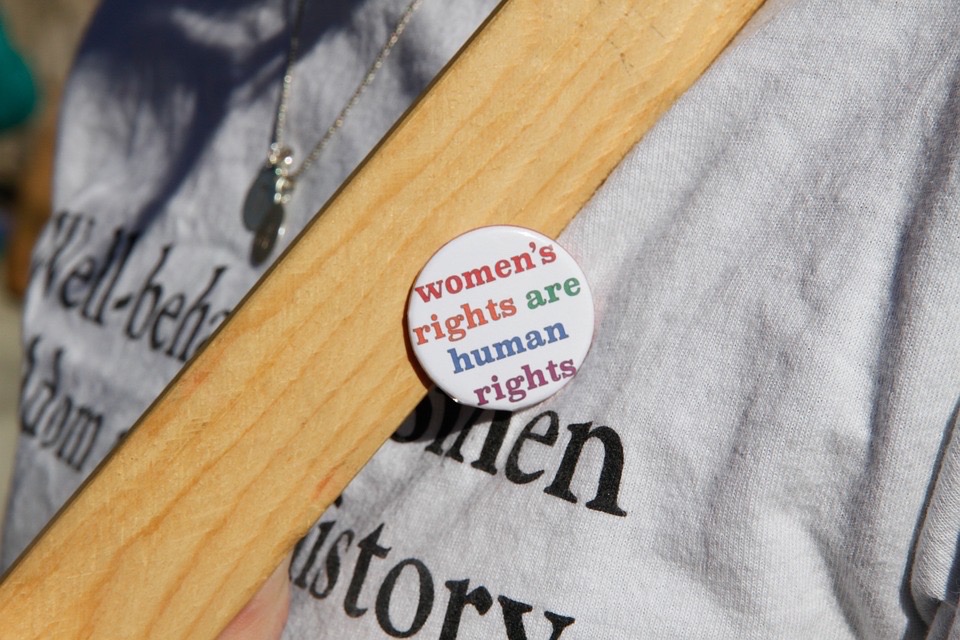Whether they love him or hate him, most people have a strong opinion on President Trump. On Feb. 21, students filed into Heritage Hall to hear five activists come together and deliberate about several issues made even more relevant in the past month.
The speakers were each uniquely qualified. One member was Dr. James Peterson, the director of African Studies at Lehigh University. He was joined by Tef Poe, hip hop artist and cofounder of the Hands Up Movement. Tamika Mallory and Carmen Perez, cochairs of the Women’s March, spoke alongside the gentlemen. Lastly, rapper and activist Jasiri X acted as the evening’s moderator.
One surprising aspect of the panel? Despite what its title suggested, Trump was seldom mentioned by name. In fact, Tamika Mallory made a point of mentioning that she had also organized several protests against the Obama administration, saying, “Donald Trump is not a beginning, he’s a continuation.” Carmen Perez agreed with her, saying “we’re so distracted by Trump that we’re not paying attention to the real issues.”
So according to the speakers, what should we be paying attention to? For Dr. Peterson, it comes down to a lack of “critical media literacy” combined with a strain of anti-intellectualism. He cites developing this literacy as a priority for him as an educator. Perez chose to stress the importance of getting politically involved. She told the audience, “we see people that are significantly older than us and think, ‘wow, I could never do that.'” Perez ensured students that she got her start in activism when she was only 17. Poe had a unique point of view as an artist, telling the crowd, “I’m glad that I’m able to use music as a weapon.” While the panelists all had different perspectives, they were in complete agreement for the duration of the lecture.
An interesting aspect of the night was Mallory and Perez’s inside account of the Women’s March. Mallory was pleased that so many “first time protesters” came out for it, but she also said that she “felt a great sadness” because it meant that many people were fearful about the future. Perez explained that a focus for her in planning was on intersectionality, saying that she wanted to see minorities take on a key role in the protest.
After the panel finished, the floor opened to a question and answer session. Students were so eager to discuss issues that questions had to be cut off after the event went half an hour over its allotted time.
Overall, the tone of the panel was empowering and hopeful. “This isn’t a fight we’ll eliminate in a casual way, but Americans love casual revolution,” said Poe. However, the speakers seemed confident and optimistic that the future is worth a difficult fight.





